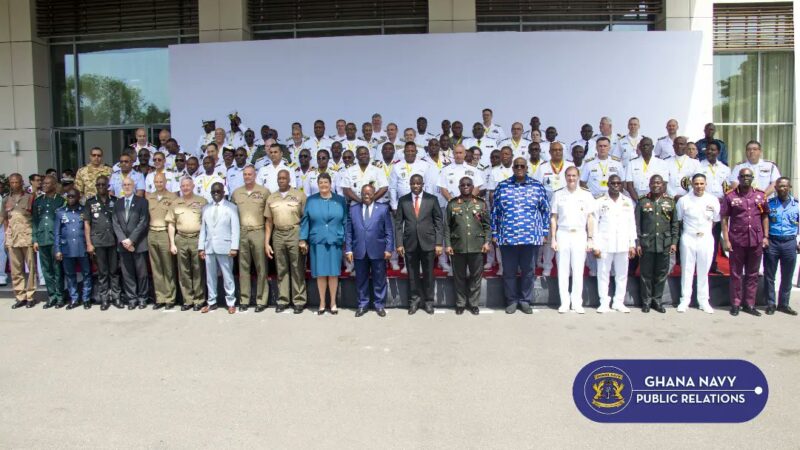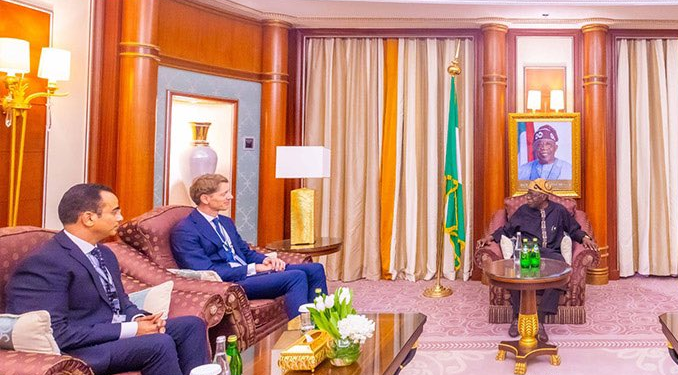CRESMAO Open Day: Ten years on, the contribution of the private sector to the implementation of the Yaoundé Process
The West Africa Regional Maritime Security Centre (CRESMAO), in partnership with the Support for West African Integrated Maritime Safety (SWAIMS) project, is organizing the second edition of its Open Day (JPO) on November 29, 2023. Held under the aegis of the ECOWAS Commission, the event will take place at the CRRAE-UMOA center in Plateau, Abidjan.
Under the theme “Ten years on, what contribution can the private sector make to the implementation of the Yaoundé process?”, this event will bring together private and public players from the maritime and port sectors, civil society organizations, universities and embassies.
The first edition, held last year at the Centre’s premises in Cocody-Angré, was an undeniable success, bringing together six exhibitors and one hundred and forty-two participants, including representatives from nine embassies. Building on this success, the 2023 edition promises to welcome an even greater number of visitors and exhibitors, in more spacious premises.
CRESMAO, created in July 2018 by decision of the ECOWAS Conference of Heads of State and Government, plays a crucial role in the implementation of the ECOWAS Integrated Maritime Strategy adopted in March 2014. Placed under the supervision of the ECOWAS Commission and the Regional Security Division of the Peacekeeping and Regional Security Directorate, the Center’s main mission is to ensure information management and sharing, operational monitoring of activities at zonal level, crisis coordination, as well as training and capacity building.
CRESMAO also coordinates the activities of three multinational maritime coordination centers located in Cotonou, Accra and Praia.
The ECOWAS SWAIMS project, funded by the European Union, has been cooperating closely with CRESMAO since its start-up in January 2019. Part of the SWAIMS technical assistance team is housed at CRESMAO.
The Open Day is an opportunity for CRESMAO to raise awareness of its maritime security activities among the general public and key players in the maritime sector, including shipping lines, consignees and shipping agencies, stevedores, ports, shippers’ offices, national navies, maritime and port authorities, fisheries and marine environment authorities, maritime training and research institutions, as well as any structure involved in government action at sea, including civil society organizations, embassies and universities.




